In a Manner of Reading
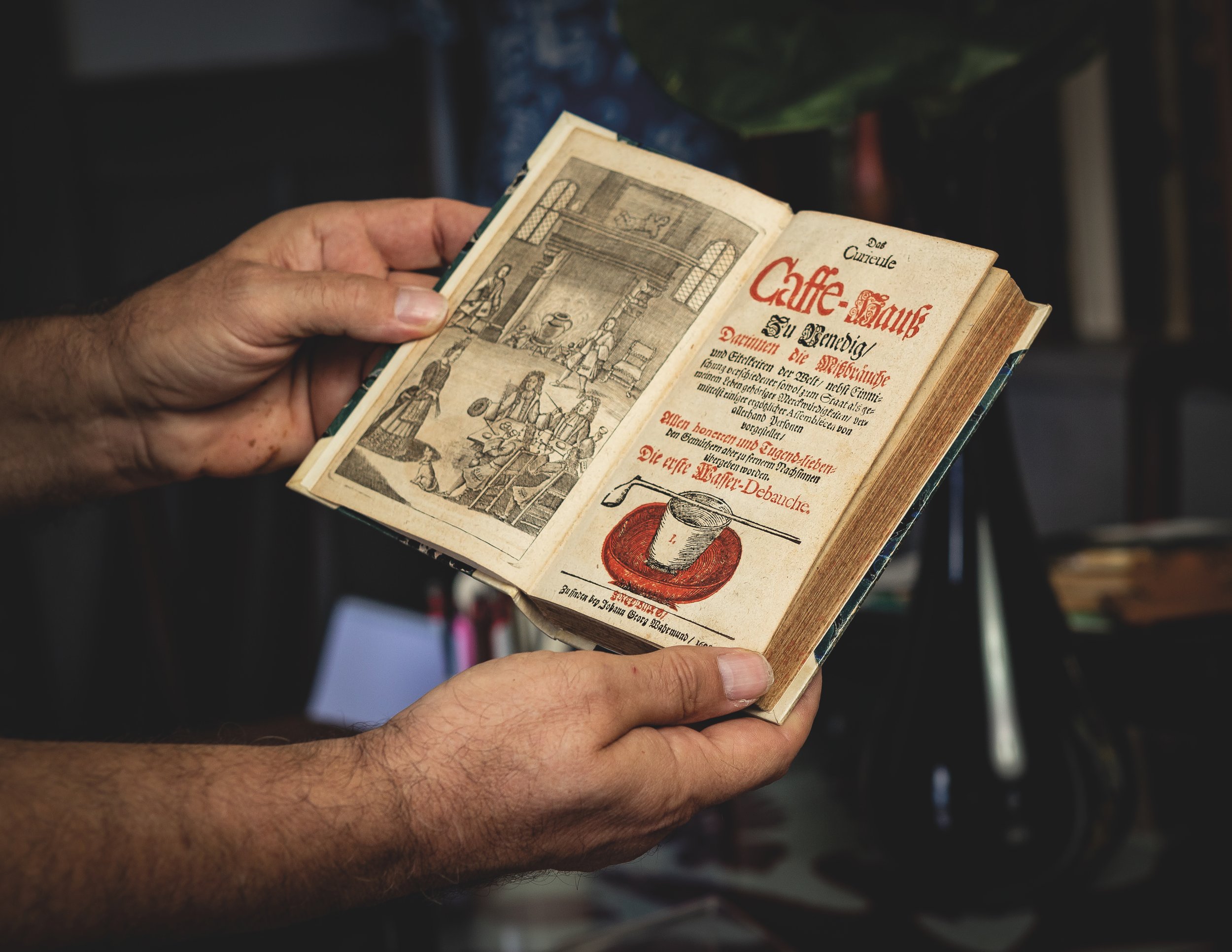
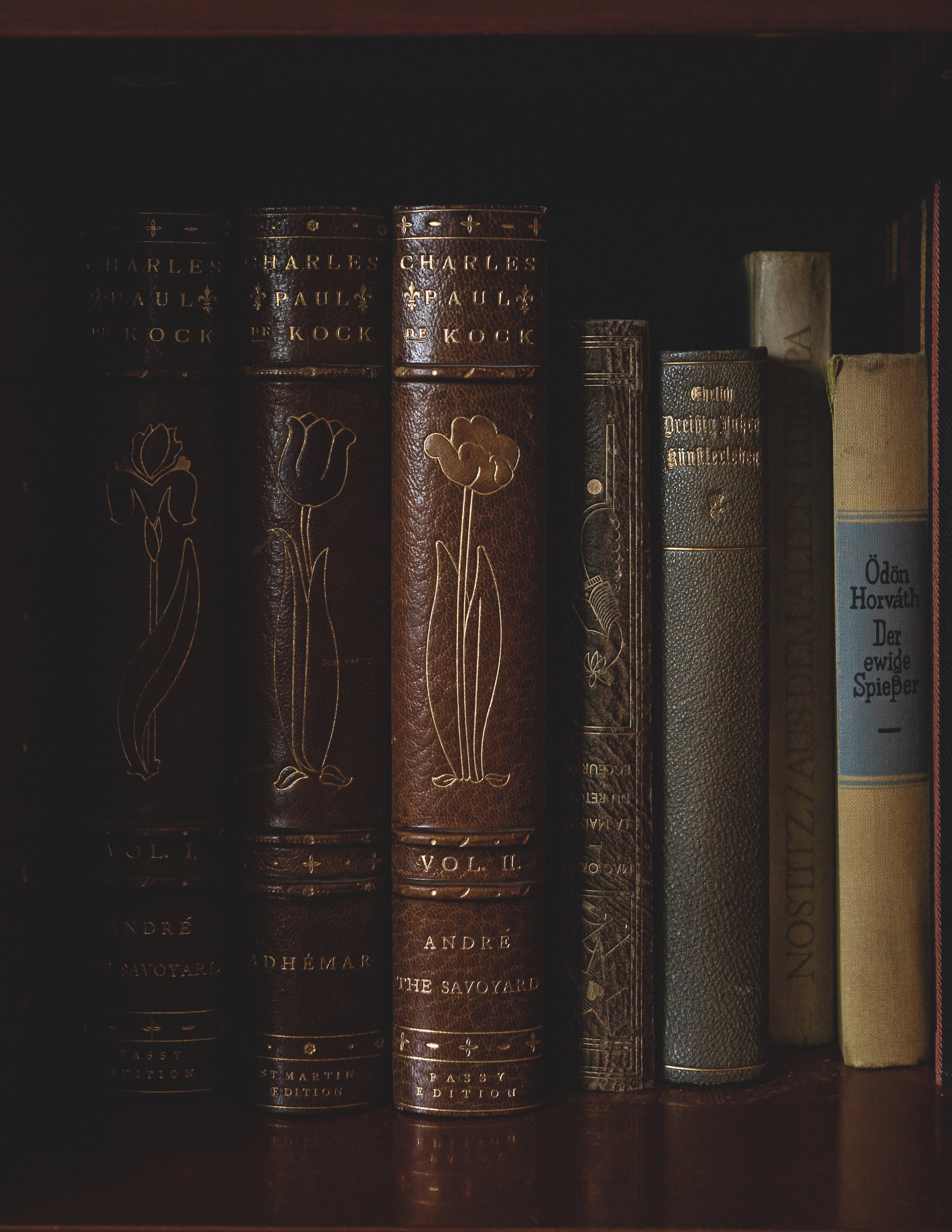
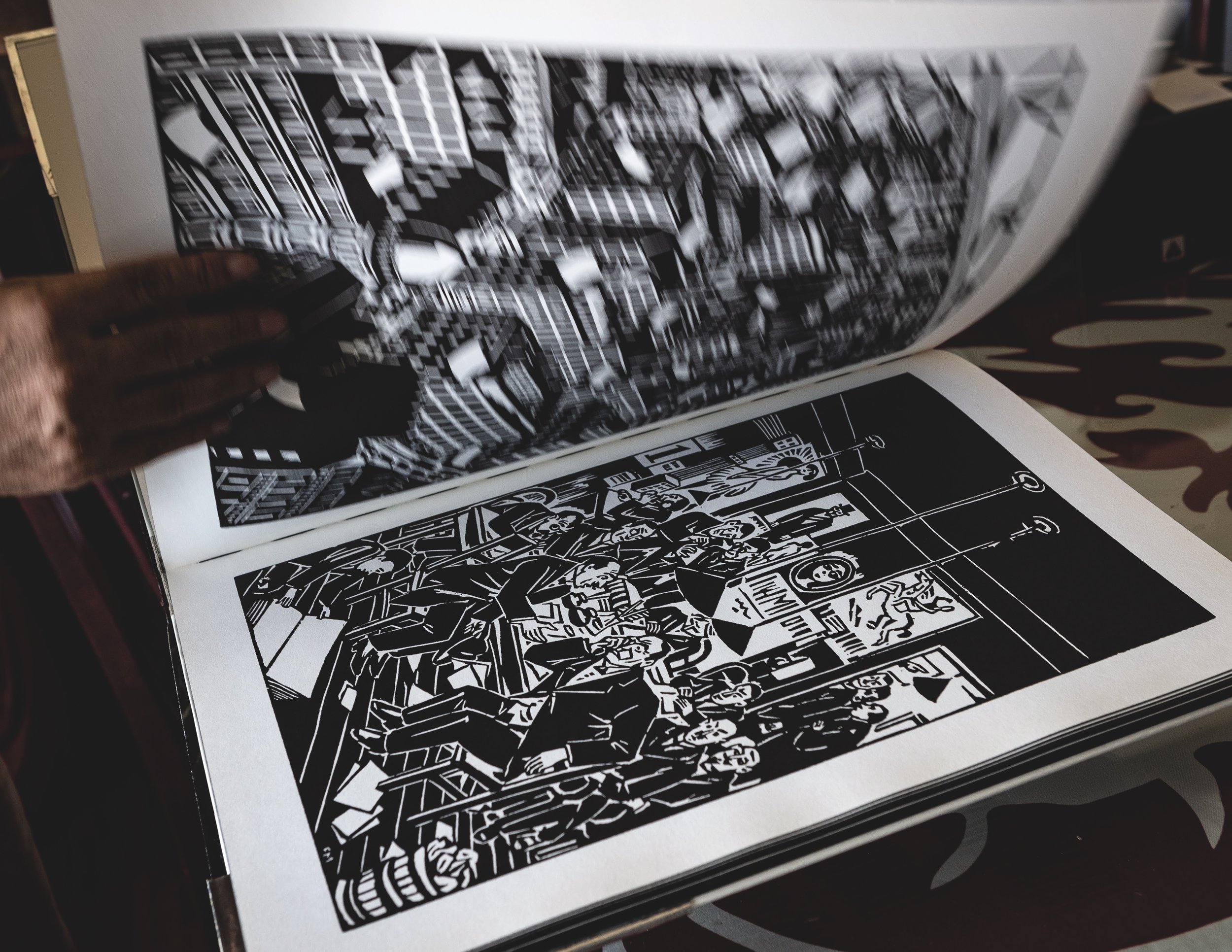

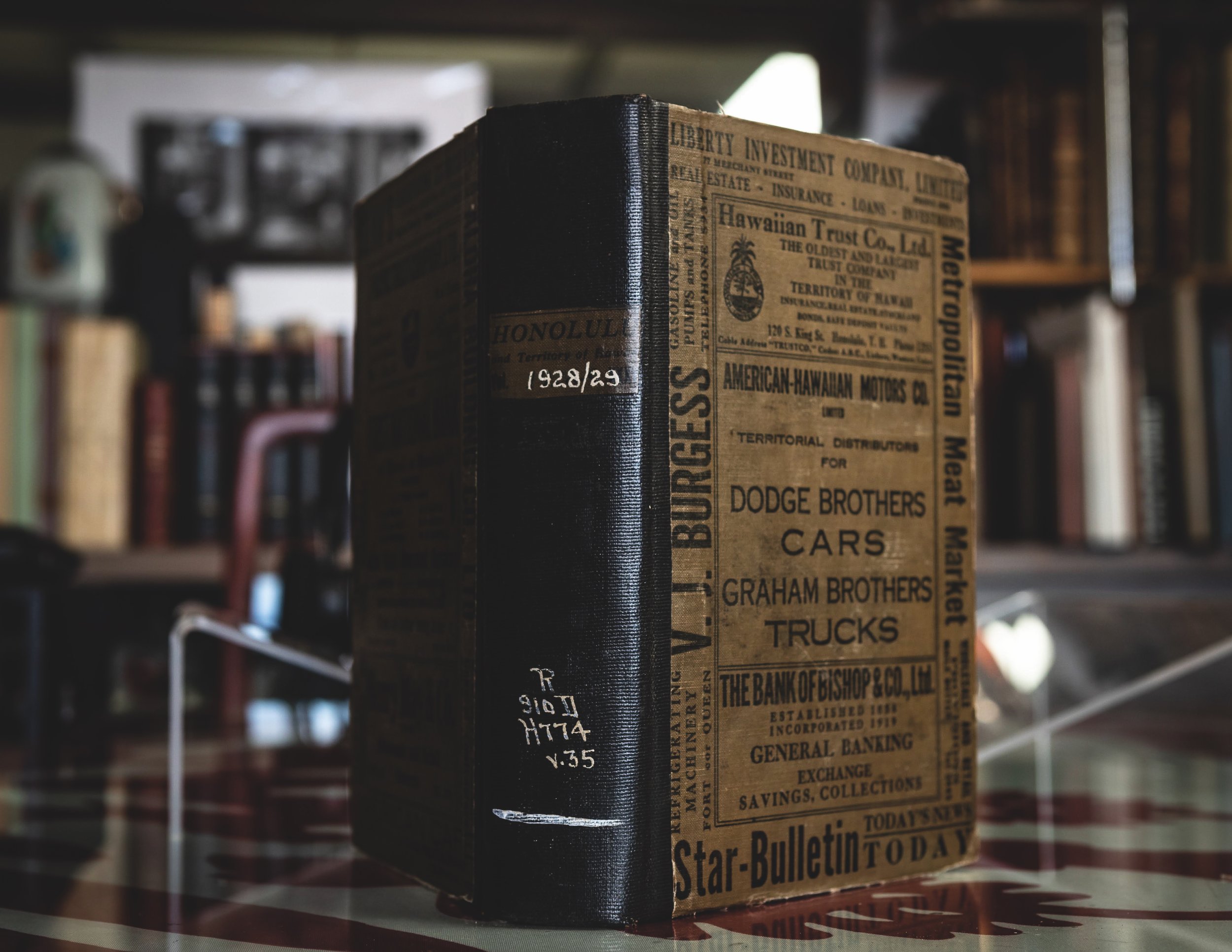
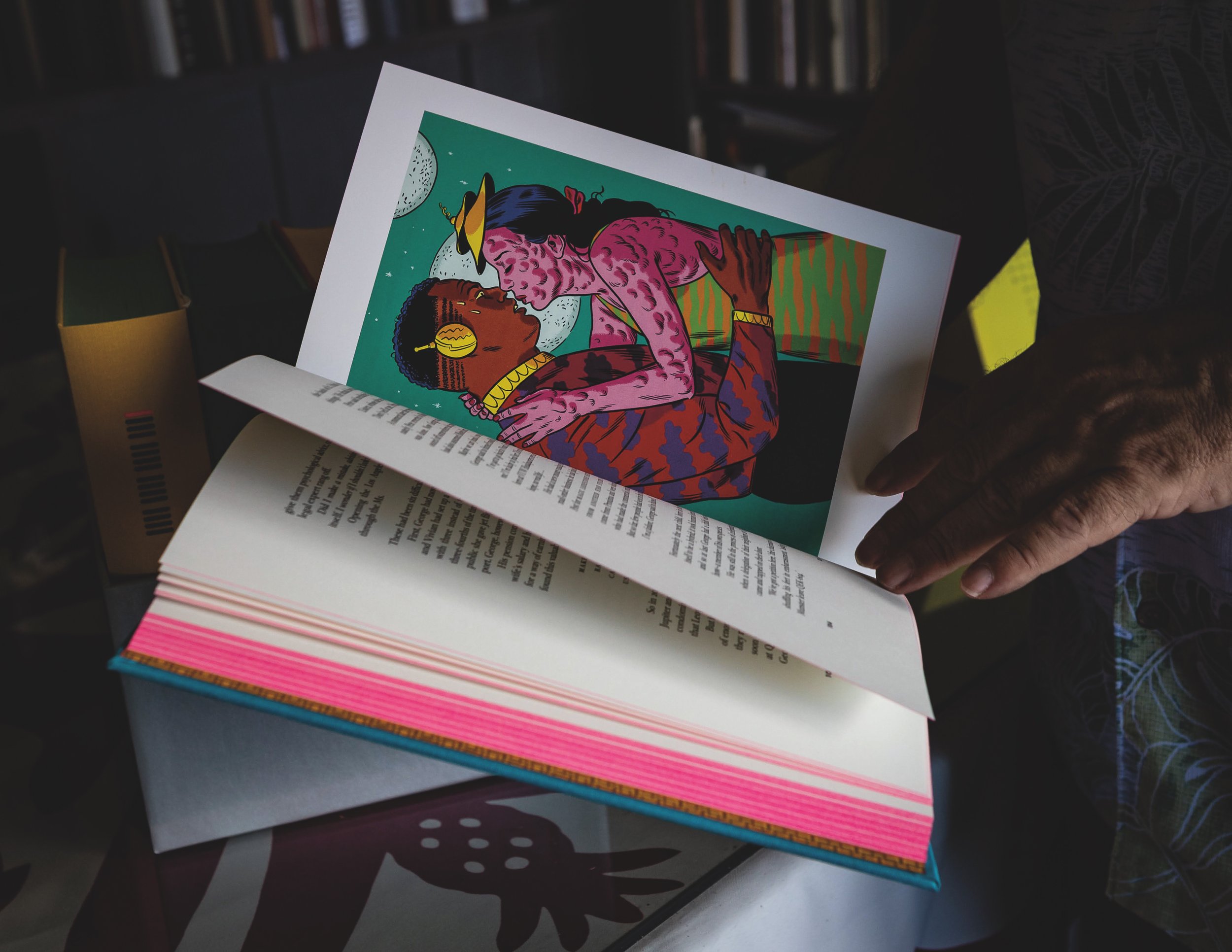

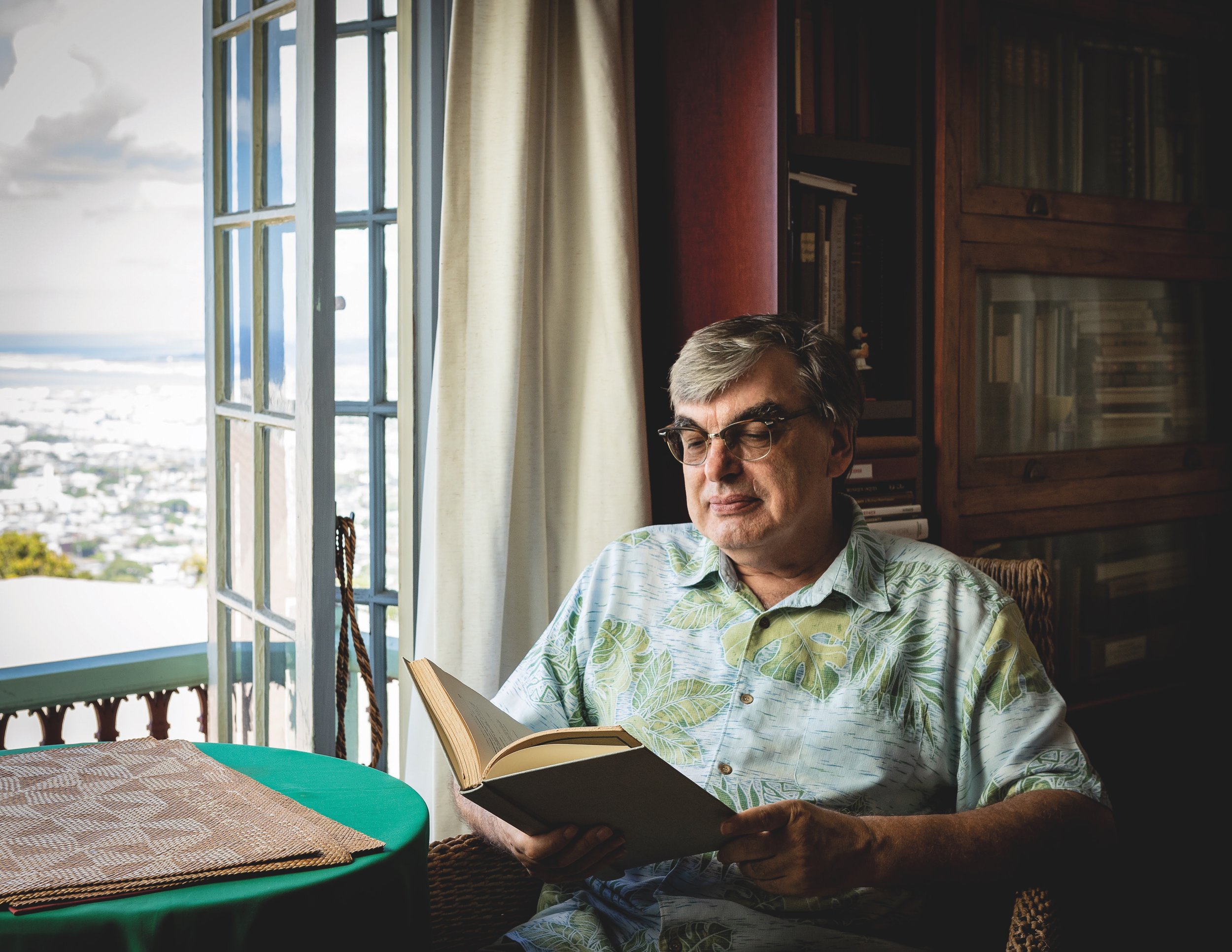
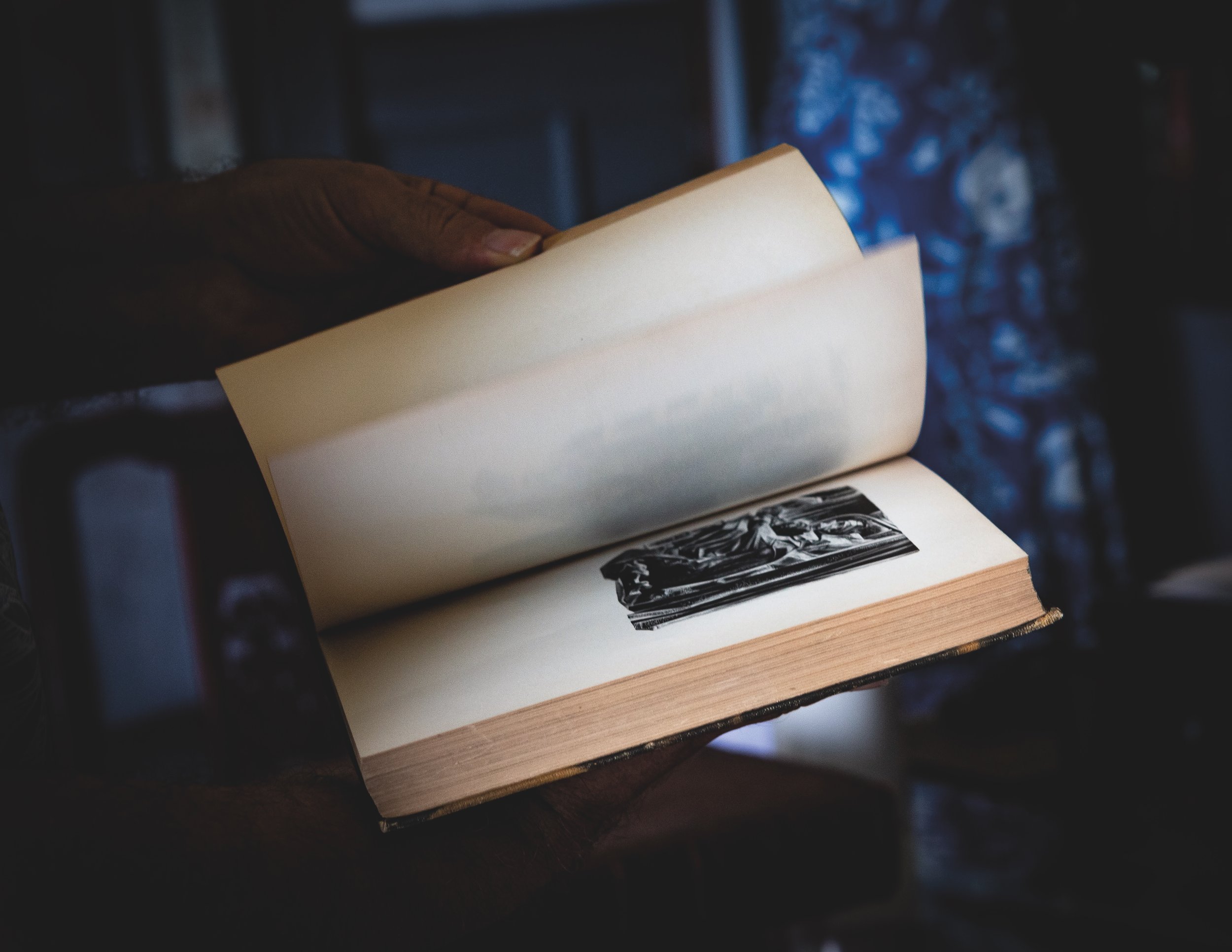

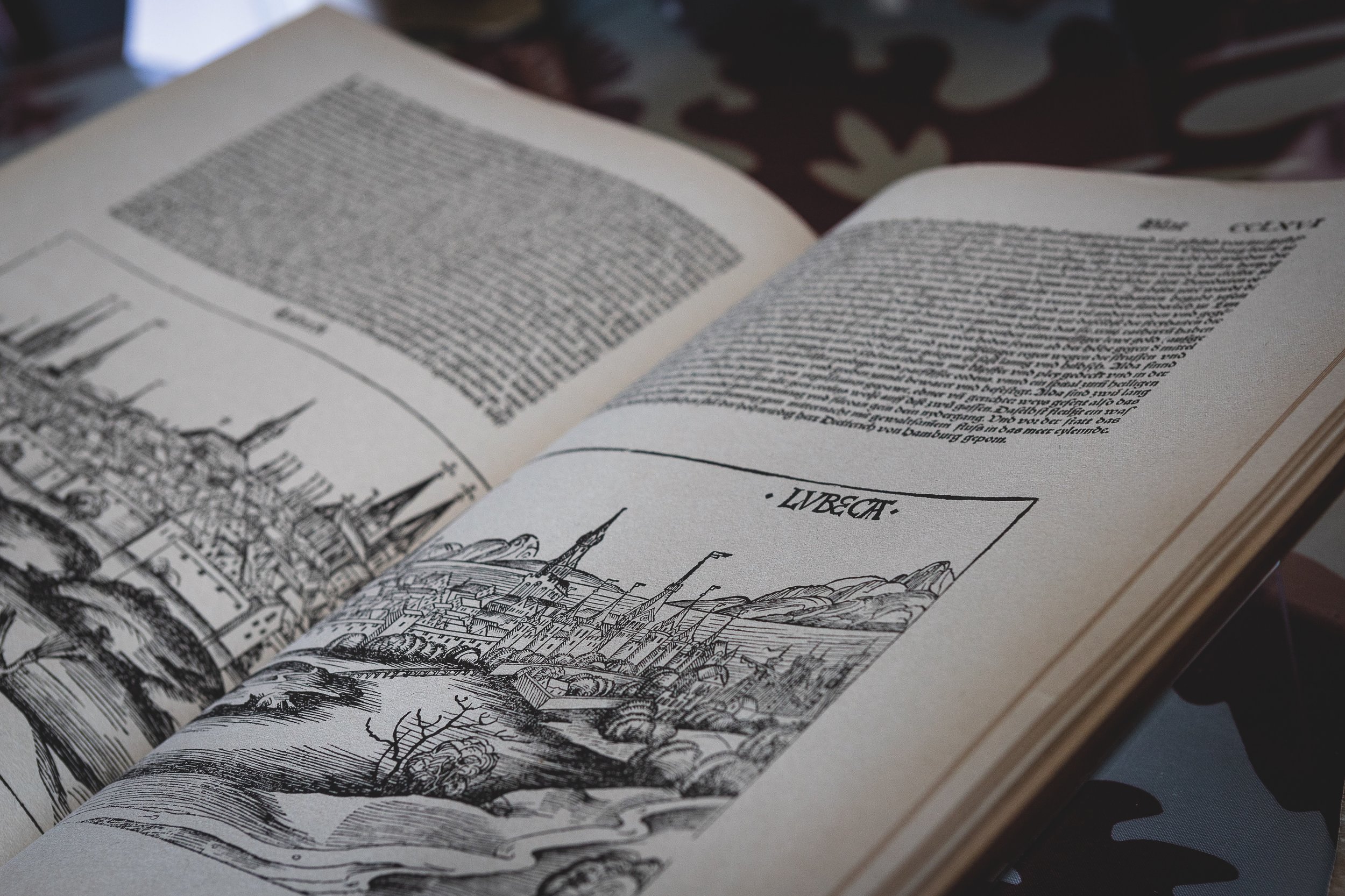
“It’s impossible to find the book you want, but you’ll always find the book you didn’t know you wanted,” David Bowie once wrote in 2003. The English rock star was referring to New York City’s famous Strand bookstore, where the aisles and walls are overflowing with more than 2.5 million books. But for bibliophiles, any bookstore can be the perfect place to lose a few hours perusing new reads. However, if you’re looking for something specific, it might be tricky. Sure, you could check online. But what if the book was out of stock? What if you were looking for a rare book — a fairytale you remember reading with your parents when you were a child, or the first edition of a favorite novel for a loved one?
This is where Stefan Kruger comes in. For nearly as long as he can remember, Kruger has been buying and selling rare books and new-but-already-out-of-print books; it’s a mix of items he has accumulated over the years, specially sought out, or which are part of his personal collection. “Some books I have are so difficult to find that I don’t sell them. But others, if it’s a good price, I’ll sell it. Then I’ll try to find it again later for myself,” Kruger laughs.
Of his roughly 2,000 books, Kruger lists around 600 or so at any given time on his virtual store (rarebookshonolulu.com) These range from compendiums of art and architecture — for example, a three-volume set of architectural drawings by Frank Lloyd Wright that costs $4,900 and weighs nearly 120 pounds — to leather-bound classics, such as Don Quixote and Death of a Salesman; to particularly niche interests, like a 264-page guide to vintage, unlicensed Star Wars figurines that were produced and bootlegged throughout late Cold War Poland in the 1980s.
Kruger’s collection also includes unique works of local interest, such as In A Hawaiian Valley, offering a Dubliners-esque account of local Hawai‘i families in the 1930s and signed by author Kathleen Dickenson Mellen and illustrator Madge Tennent; a regal, hibiscus-gilted copy of James Michener’s Hawaii from the first trade edition bound by the nationally renowned bookmakers at Monastery Hill Bindery; and the centennial memoirs of The Pacific Club in Honolulu, originally published in 1951. “One of my favorites is simply a double page from the Nuremberg Chronicle published in 1493, which features a cityscape image of my hometown of Lübeck in Germany,” says Kruger. “The whole book often goes for hundreds of thousands of dollars — I was lucky once to just get this page.”
Growing up in Lübeck, Kruger had an interest in books from a young age. Local publishers would release cheap paperbacks of adventure stories by Jules Verne, which Kruger would save his money to purchase. “As soon as I had a few marks together, I would buy the next book and the next… I sometimes read one or two books a day because I found the stories fascinating.” He became interested in how books were made — with fine bindings, woodcut imagery, different editions, and so on — as well as the history of books. How information before the advent of the mechanical movable-type printing press in the 15th century was limited to the clergy or rulers who could afford to own handwritten manuscripts, which is thankfully no longer the case.
In high school, Kruger’s passion for the written word expanded to stories told on the big screen. When he was 17, Kruger started a film club, then he became a film programmer for an art house cinema chain. Kruger later opened offices in Paris and Singapore while working for a German company that developed one of the first computerized ticketing systems for movies. “When I finished school, I thought I should learn how to make movies. But I also knew that a lot of movies never find a distributor or an audience. Instead of making movies, I decided to figure out how to find audiences for good stories,” he says.
Today, Kruger’s audience are mostly readers and they find him. His customers are an assortment of regular collectors interested in certain things (for example, books with particular bindings); individuals with an interest in art, history or language; and even university libraries that might be missing a certain rare book from their collection. Sixteen years ago, Kruger and his wife moved to Hawai‘i, which makes part of his job more difficult — shipping has a higher cost and humidity becomes a bigger factor (“Honestly, it’s not how much humidity there is, the problem is if the humidity changes a lot because then the material begins to expand and contract…” ) — but selling books saved Kruger during the pandemic when he and his wife couldn’t perform their day job as owners of 1132 Cafe, a salad and sandwich shop at Bishop Place.
“2020 was a good opportunity for me to sell more books remotely. Otherwise, it’s not easy nowadays to make the jump into bookselling. Rent is too high and you have to find the right online platforms, but the experience is not the same for buyers,” says Kruger. “In the past, there was one book I was chasing for years. I checked bookstores wherever I traveled before I finally found it. Today, I could go online and find 15 copies in 15 minutes. The draw of the hunt, that’s what nobody has been able to reproduce.”
David Bowie would be mortified. Or he might be pleased to discover Kruger’s virtual book shop of rarities and find Littig’s Practical Method for Hawaiian Guitar from 1930, a book Bowie never knew he wanted (but might have loved). Sometimes, you just have to know where to look.
